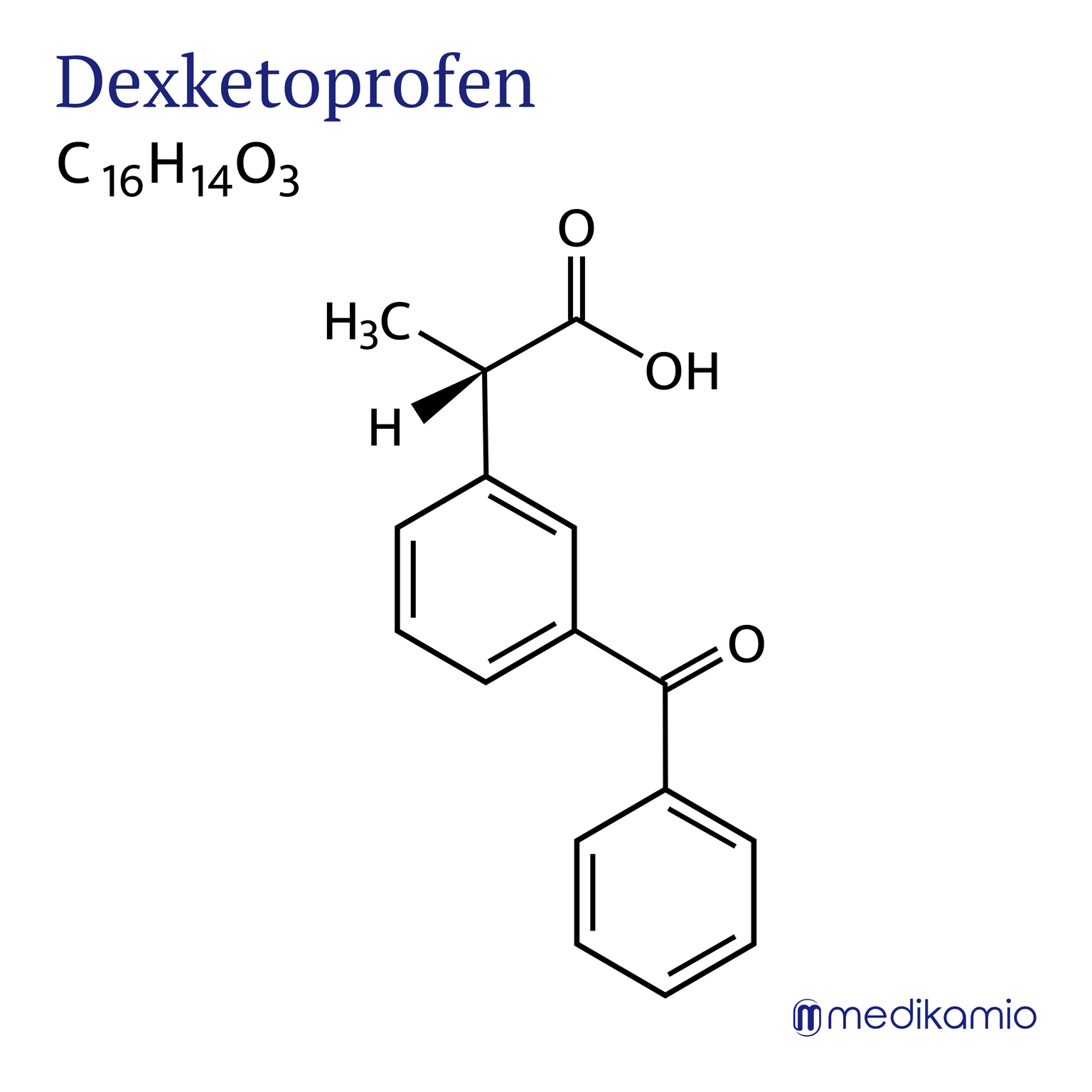Pregnancy & Lactation
The Pharmacovigilance and Advisory Center for Embryonal Toxicology at Charité University Medicine (www.embryotox.de) recommends
Pregnancy
Dexketoprofen must not be used in the last two trimesters of pregnancy (2nd and 3rd trimester). The experience with dexketoprofen is very limited, although high for the group of NSAIDs. In the first trimester of pregnancy (1st trimester), no correlation between the use of dexketoprofen and an increased risk of malformation in the unborn baby could be established. However, there are only a few reports on this, but also no reports that prove an increased risk of malformations.
The group of NSAIDs can cause a blockage of the ductus arteriosus botalli in the unborn child in the 2nd and 3rd trimester. This is a vascular connection between the heart and lungs (between the aorta and the pulmonary trunk). The blockage can lead to kidney dysfunction as well as high blood pressure and intestinal inflammation (small and large intestine) in the newborn. There are many reports on this, especially from the 28th week of pregnancy.
Alternatives to dexketoprofen are:
- Paracetamol, which can be used throughout pregnancy
- Ibuprofen, which pregnant women can use in the 1st and 2nd trimester of pregnancy
Breastfeeding
Dexketoprofen must not be used while breast feeding, as it can lead to serious side effects in the infant, such as cerebral hemorrhage or kidney failure. Accidental ingestion of dexketoprofen does not require any restriction of breastfeeding.
Breastfeeding mothers can use the following active ingredients as an alternative:



